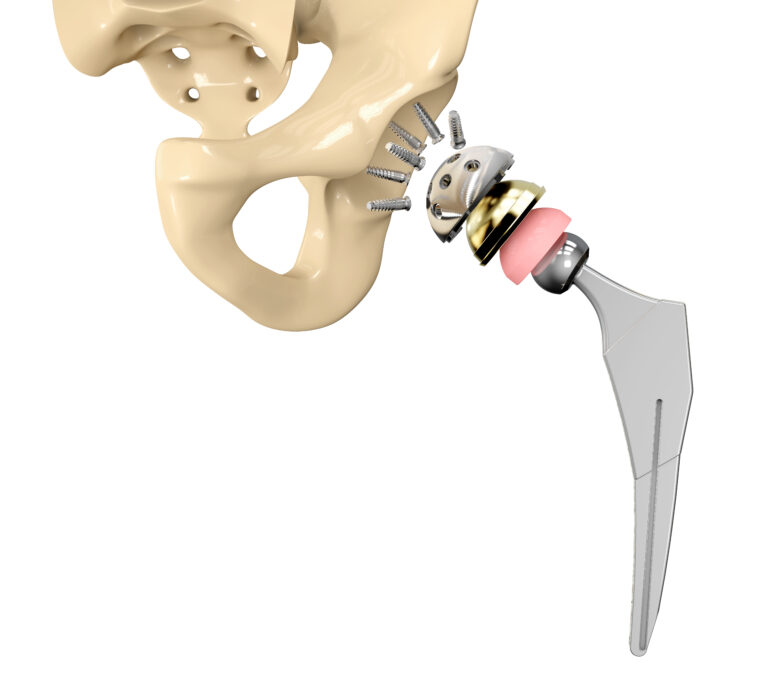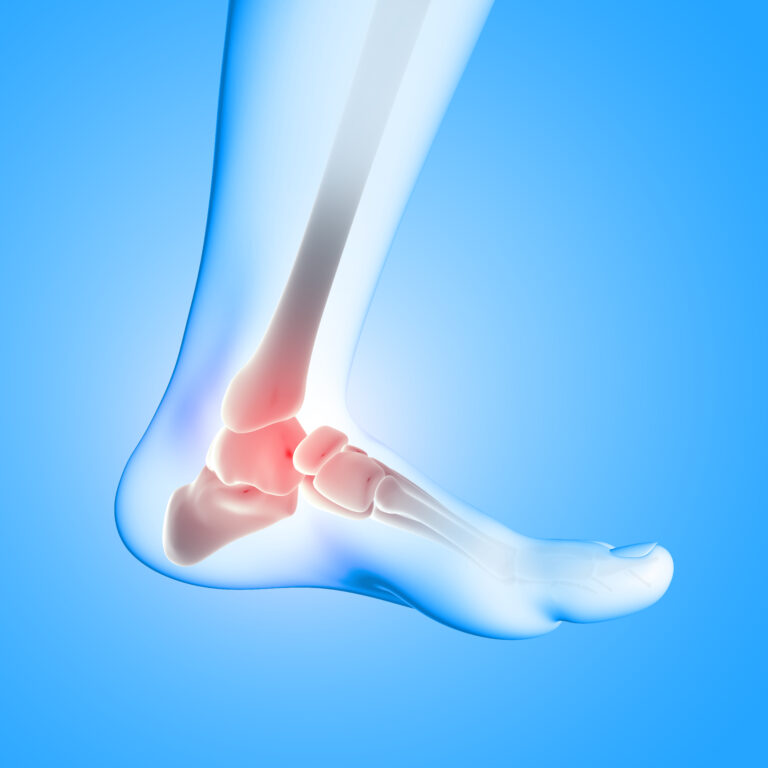Myth 1: Knee Replacement Surgery is Only for the Elderly
Fact: While knee replacement is common among older adults, younger patients with severe arthritis or joint damage can also benefit. Advances in surgical techniques and materials have made it a viable option for younger, active individuals.
Myth 2: Recovery Takes a Very Long Time
Fact: Recovery times vary, but many patients can resume normal activities within 3 to 6 months. Following physical therapy and post-operative guidelines can expedite the healing process.
Myth 3: Knee Replacements Don’t Last Long
Fact: Thanks to modern advancements in materials and surgical techniques, today’s knee implants can last 15 to 20 years or more. Many patients enjoy long-lasting pain relief and improved joint function.
Myth 4: The Surgery is Extremely Painful
Fact: Pain management techniques have significantly improved. Effective anesthesia during the procedure and robust post-surgery pain relief strategies make the experience much more manageable.
Myth 5: You Won’t Be Able to Participate in Physical Activities Post-Surgery
Fact: Most patients return to low-impact activities like walking, swimming, and cycling. While high-impact sports may be limited, many find that they can lead a more active lifestyle after surgery.
Myth 6: Knee Replacement Surgery Has a High Failure Rate
Fact: Knee replacement surgeries boast a high success rate. Complications are rare, and most patients experience significant pain relief and improved mobility.
Myth 7: You Should Wait as Long as Possible Before Getting Knee Replacement
Fact: Delaying surgery can lead to further joint damage and a more challenging recovery. Timely surgery, when conservative treatments fail, can enhance the quality of life and prevent additional complications.
Myth 8: Both Knees Cannot Be Replaced at the Same Time
Fact: Bilateral knee replacement is possible and can be beneficial for some patients, as it reduces overall recovery time compared to undergoing two separate surgeries.
Myth 9: Knee Replacement Surgery is Risky
Fact: Like any surgery, knee replacement carries risks, but it is generally safe and effective. Surgeons take extensive precautions to minimize risks, and the benefits often far outweigh potential complications.
Myth 10: You Will Need a Walker or Cane Forever After Surgery
Fact: Walking aids might be necessary initially, but most patients gradually transition to walking without assistance as they heal and regain strength.
Debunking these myths helps patients make informed decisions about knee replacement surgery, alleviating unnecessary fears and misconceptions.
Disclaimer: The information provided in this blog post is for general informational purposes only and should not be considered professional advice. Before making any health-related decisions, consult with a qualified healthcare professional. The content is not a substitute for medical advice, and individual results may vary. The author and website are not responsible for any consequences arising from the use of the information provided. Use your best judgment and seek professional advice when needed.



